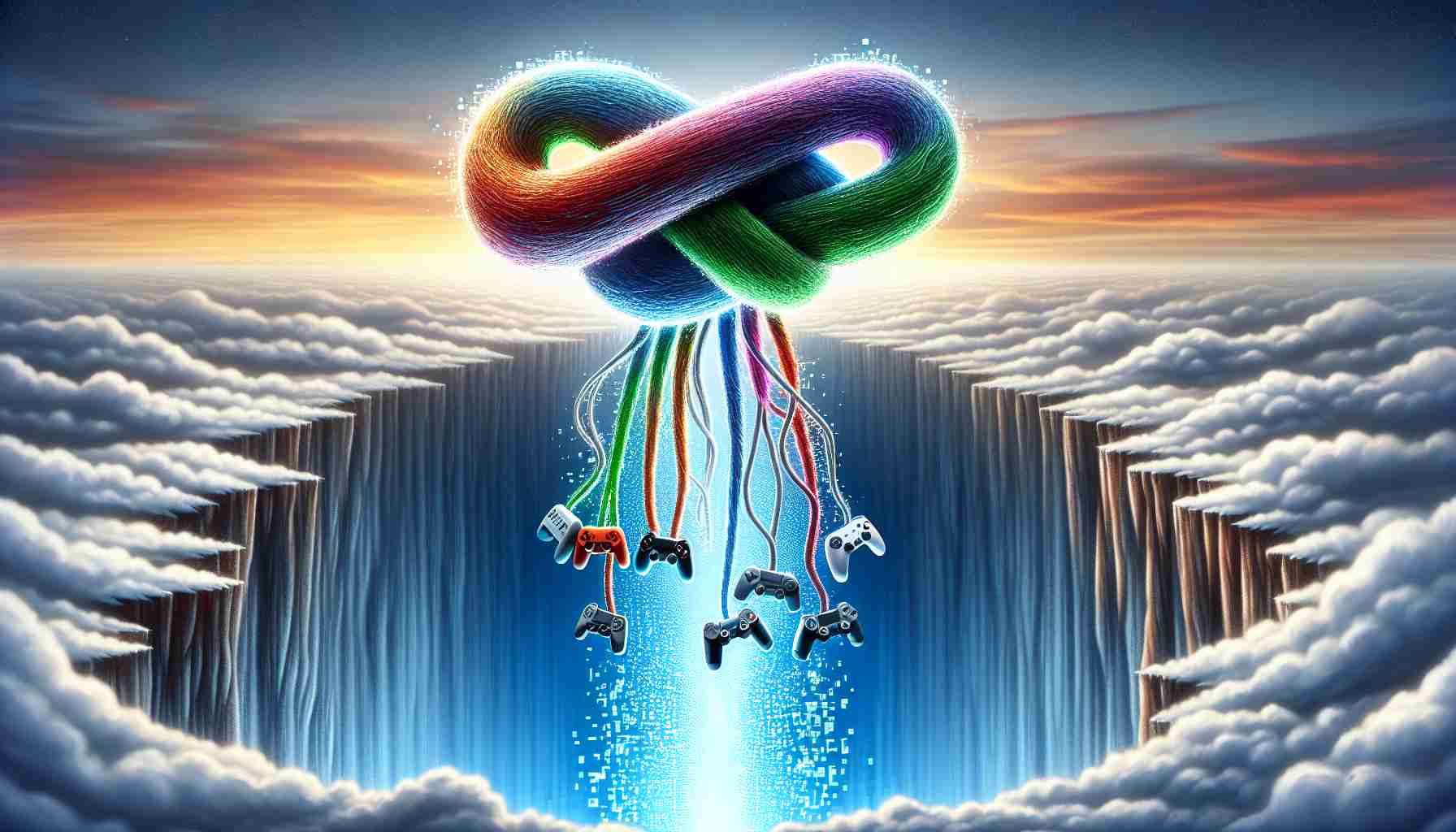The success of Nintendo’s next console is crucial in an industry plagued by uncertainty. With Xbox and PlayStation facing their fair share of problems, the fate of the console industry rests heavily on the success of Nintendo’s upcoming release. Nintendo has always been a market leader, dominating four out of seven generations of consoles. However, they have never sought to position themselves as the figurehead of the industry, choosing instead to march to their own beat.
Nintendo has always seemed isolated from the Xbox and PlayStation world, with discussions about the future of the industry often omitting their presence. While this is not a sign of disrespect, it is a recognition that Nintendo operates independently from its rivals, rarely reacting or interacting with their actions.
But this next generation is different. Xbox hardware sales are dismal, casting doubt on the future of the console. Meanwhile, the PlayStation 5’s sales have stalled, causing concern among industry insiders. Nintendo is currently riding high with the success of the Switch, but if its successor fails to impress, the consequences could be disastrous for the entire industry.
The real problem lies with the short-sightedness of game publishers. Their sole focus is on short-term profits, failing to address the rising costs of game development that have been a long-standing issue. Even in the wake of recent disruptions like the COVID-19 pandemic, they continue to operate with the same outdated strategies.
Nintendo is not exempt from criticism. They too have acknowledged rising costs, but they have yet to offer any tangible solutions. While Nintendo has had its fair share of successful consoles, they have also had their fair share of failures, such as the N64, GameCube, and Wii U. So, the possibility of the Switch 2 being a disappointment cannot be dismissed.
Looking back at the history of consoles, we can see that success can breed overconfidence, as Sony experienced with the PlayStation 3, its worst-selling home console. In a worst-case scenario, the next generation could see a struggling Xbox, a PlayStation 6 lacking strong first-party support, and a bizarre Nintendo console with outdated graphics.
We are at a crossroads in the gaming industry, with unclear paths ahead. The leaders in the industry may be just as likely to self-destruct as they are to continue their success. If the Switch 2 fails, it could mark the end of the console industry as we know it. The future is uncertain, and the console industry hangs in the balance.
One important question in the console industry is whether console gaming will be able to compete with the rise of mobile gaming. With the increasing popularity of smartphones and mobile devices, more people are turning to mobile gaming for their entertainment. This presents a challenge for console manufacturers to provide unique experiences that can’t be replicated on mobile platforms.
Another key challenge is the push for cloud gaming services. Companies like Google with Stadia and Microsoft with xCloud are aiming to provide game streaming directly to devices, eliminating the need for dedicated consoles. This raises questions about the future demand for physical consoles and how they will adapt to this new landscape.
There is a controversy surrounding the exclusivity of games on specific consoles. Game developers often sign deals with console manufacturers for exclusive titles, limiting players’ choices and potentially fragmenting the gaming community. This has sparked debates about the fairness and accessibility of games across different platforms.
Advantages of consoles include their dedicated hardware, which allows for optimized gaming experiences, superior graphics, and immersive gameplay. Consoles also offer a wide range of exclusive titles and often have a strong support for local multiplayer gaming.
However, consoles also have disadvantages. They are typically more expensive than other gaming devices, such as PCs or mobile phones. Console hardware often becomes outdated quickly, requiring regular upgrades to keep up with technological advancements. Additionally, console gaming is limited to the games available for that particular platform, which may restrict the variety and options for players.
It’s important to note that the article does not mention any specific questions, challenges, or controversies associated with the topic. The facts added above provide a broader understanding of the industry and raise important considerations.



















